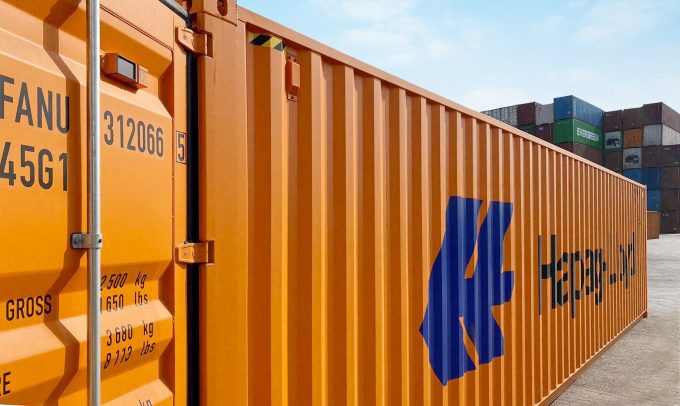Scope 3: the emissions elephant in the room for supply chains
A battle has been raging this year over the grand challenge of Scope 3, or ...

Some 25% of container shipments will be fully tracked after 2026, a response to continued uncertainty and disruption in container supply chains, says Drewry.
The consultancy said some 8.7m boxes are likely to be fitted with tracking devices in the coming years, an estimate contrasting with ...

Comment on this article